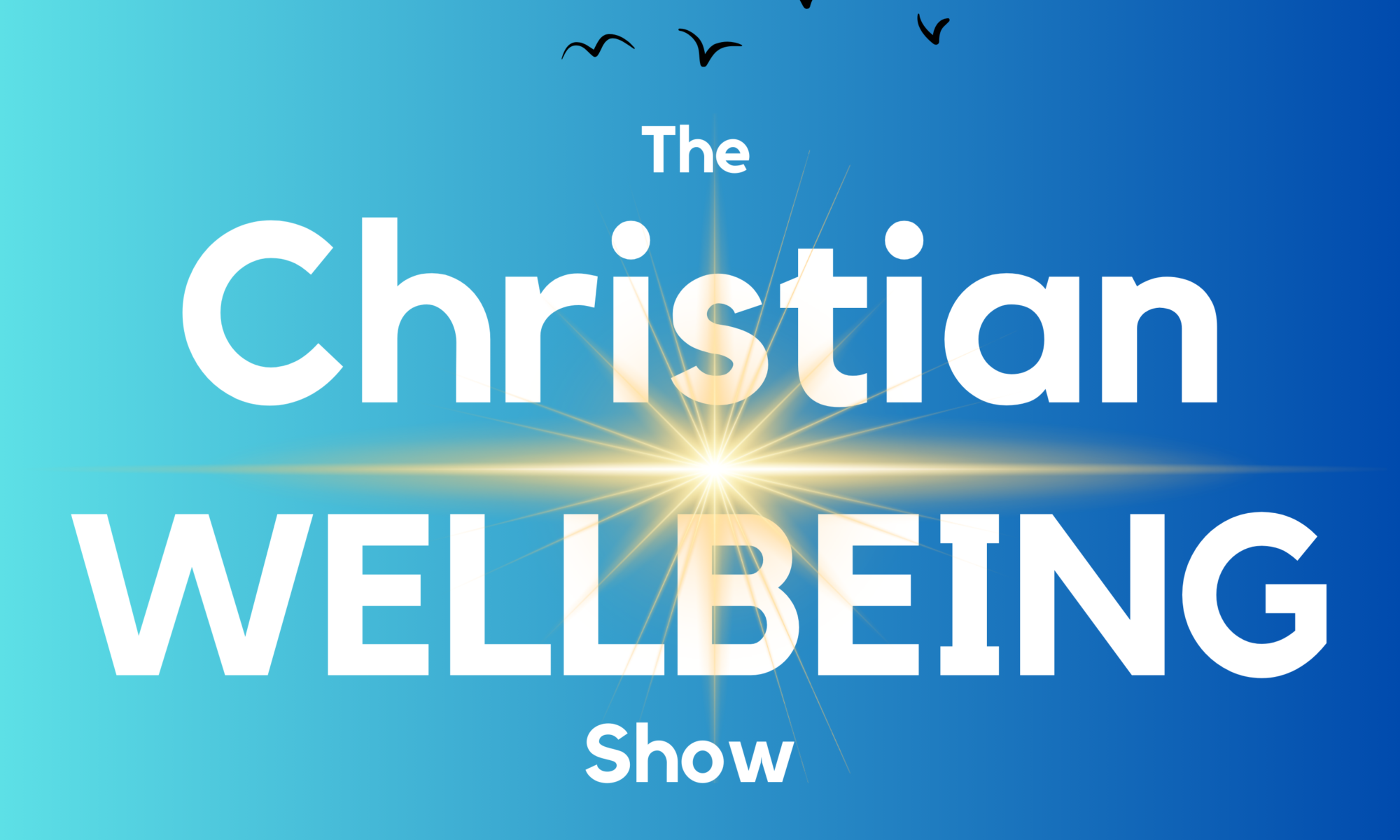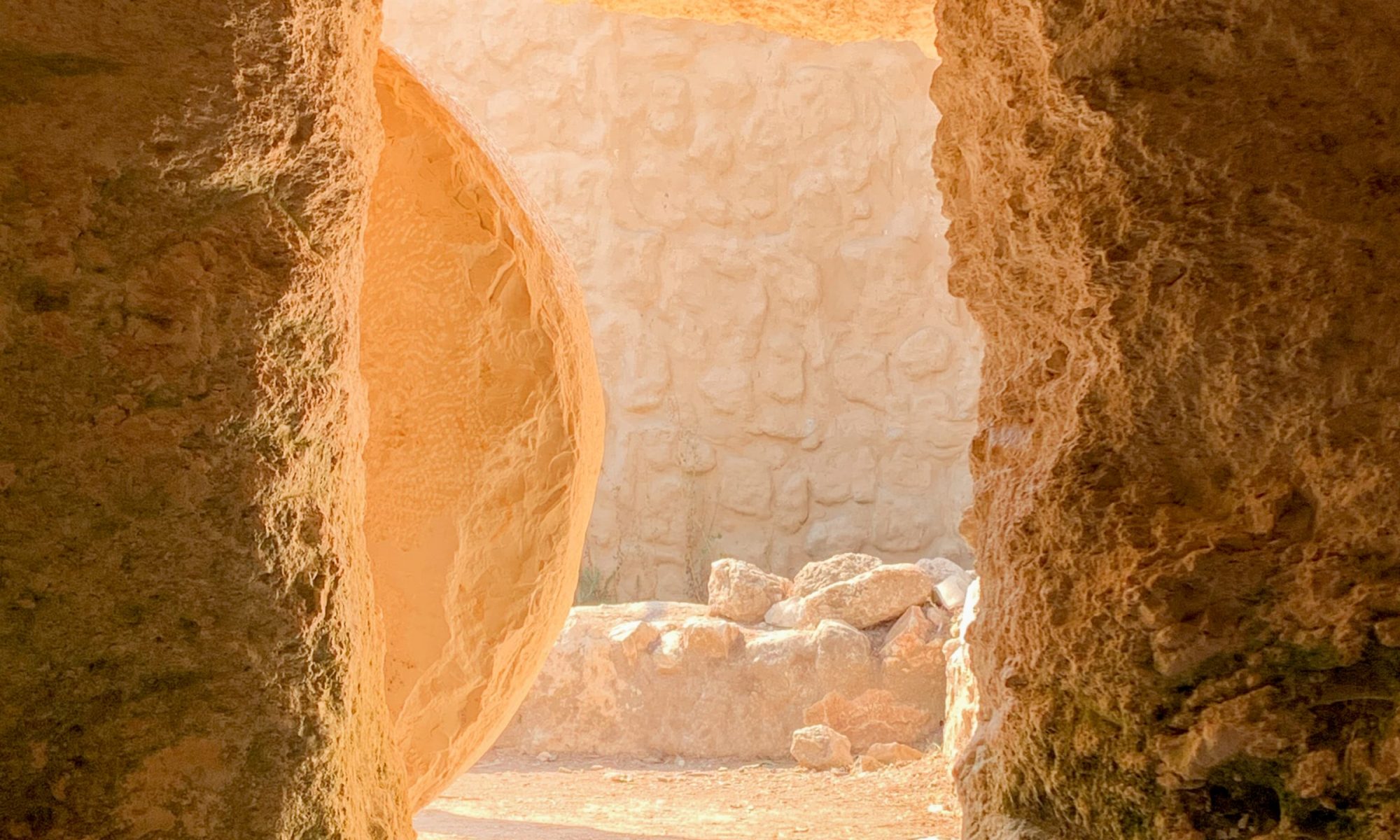Jesus’ primary message was the coming of the Kingdom of God. It was what the prophets of old had spoken of in the centuries leading up to Jesus’ arrival on planet earth.
Now, it was in the process of being fulfilled.
As men and women, boys and girls, were healed, set free, and even raised from the dead, Jesus declared that his kingdom had come among them (e.g. Mt 12:28; Lk 10:11). The kingdom of God had finally arrived.
Putting Things Right
God kingdom was breaking into his world and beginning to put right the results of mankind’s treason and rebellion which had entered and poisoned his beloved creation way back at the beginning of time in Eden.
This divine intervention was to reach a climax with the death and resurrection of the Son. But what was this barbaric and diabolical act at Calvary, followed by a glorious resurrection on the third day, really about? How we understand what happened at this first ‘Easter’ will impact how we celebrate today what Jesus accomplished.
So what did Jesus accomplish on that first Easter morning?
Cosmic Reconciliation
For most Christians, Jesus’ death and resurrection is about securing their forgiveness of sin and the promise of eternal life. That is without doubt a most wonderful thing. This is the reality of the new creation. “If anyone is in Christ he is a new creation; old things have passed away; behold, all things have become new.” (2 Cor. 5:17). The apostle goes on to write that, “God was in Christ reconciling the world to Himself, not imputing their trespasses to them, and has committed to us the word of reconciliation.” (v.19).
When we read these familiar scriptures it is easy to assume they are just talking about people. “For God so loved the world that He gave His only son, that whoever believes in Him shall not perish, but have everlasting life.” (John 3:16). What we sometimes fail to grasp is the breadth and impact of what Jesus did.
The word translated ‘world’ in both of these scriptures is ‘kosmos’. God’s love is not just for fallen humanity but for the whole of his creation. The death and resurrection of Jesus therefore has cosmic implications! It was to rescue the people he had created, but also a world system lying in the power of the evil one. It was also to release the whole of his creation which had been subjected to bondage from that fateful day in the Garden (see Rom. 8: 19-22).
Jesus came not only to bring us personal salvation but to bring healing and redemption to all things. He came to bring about a new creation, a cosmic restoration, a whole new world order!
This is what his death and resurrection achieved.
And this is the good news. God’s kingdom has arrived and has broken into our cosmos.
Help for the Here & Now
Now here is the crux of the matter. If as Christians we only view Easter in personal terms, it is only scratching the surface. Similarly, if we accept Christ’s resurrection has more cosmic implications but these will not be realised until after he returns, then what help is that for the here and now?
The hope we offer the world going through a global pandemic is not just a spiritual hope. It isn’t a promise of heaven when you die (not in terms of escape from this world into another one). It is a hope with very real, practical implications which can help rebuild not only the lives of individuals and families, but also their economies, their environments, and their nations.
The message of Easter is to impact our lives and the world in which we live. In the here and now. This is why we should engage in society, joining with God in bringing about his eternal purposes throughout the whole of his creation. Announcing and expressing a new Lord and a new way of doing things. Bringing God’s sovereign rule and justice “on earth as it is in heaven.” (Mt. 6:10).
Confusing Messages
Sadly, this way of thinking has been lost for many Christians. There are conflicting messages which add to the confusion, even from a very early age. Take the well-known Christmas carol, Away in a Manger, which has the line, ‘and fit us for heaven, to live with thee there.’ There are other hymns and songs that suggest that Jesus will return to take his people away from earth and ‘home’ to heaven.
As British theologian N.T. Wright states, ‘our task in the present is to live as resurrection people in between Easter and the final day, with our Christian life, corporate and individual, in both worship and mission, as a sign of the first and a foretaste of the second.’1
Celebrating & Engaging in the Process of New Creation
Easter is therefore a celebration of the new creation. Yes, there is the guarantee of our bodily resurrection (“Christ being the first-fruits of those who have fallen asleep”, 1 Cor 15:20). But, the first Easter was the decisive start of a general resurrection. An invitation not to escape planet earth but to be a part of its renewal and recreation, which Christ will bring to a completion when he returns.
Christ’s resurrection set in motion the restoration of all things.
This is the gospel, the good news of the King and his kingdom. Heaven coming down to earth, the culmination of what we call ‘The Lord’s Prayer’, and all things finding their fulfilment in Christ, both things in heaven and things on earth (1 Cor. 15:28; Col. 1:15-19; Eph. 1: 10, 19-23). There will be no wiping the slate clean and starting over, but the launching of a whole new world without death and decay. This is not just a future hope but one that started on that first Easter morning and is in process today.
The tomb is empty. The Lord is risen. A victorious transformation of the whole cosmos has begun. Will we play our part in bringing it to pass?
1 Surprised by Hope: Rethinking Heaven, the Resurrection, and the Mission of the Church, N. T. Wright, 2008 Photo by Pisit Heng on Unsplash


